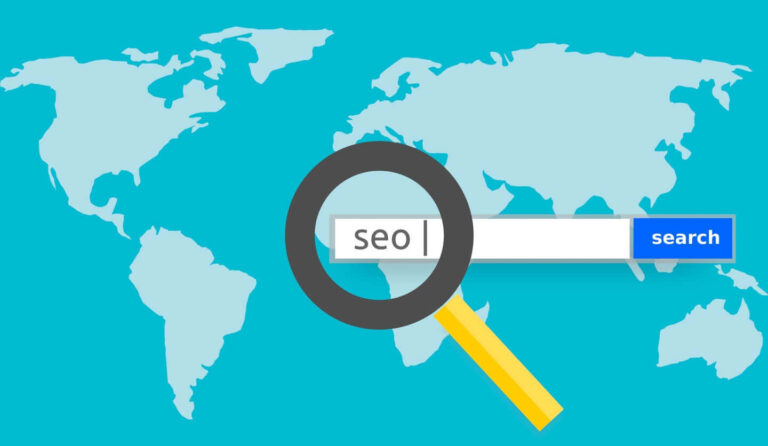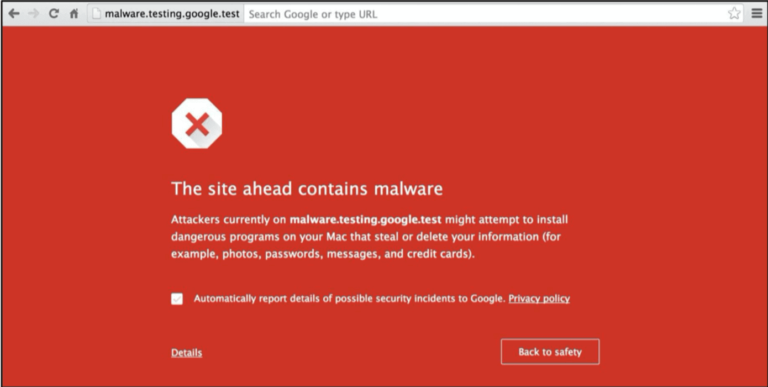Word count and SEO: Best practices

Many people in the SEO community have bombarded the internet with tales of how you should write long content, with so many word count if you want to rank on the first page of Google and other search engines.
While writing long quality content has its own SEO benefits, the idea of doing whatever it takes to make your post long, increasing word counts by every means possible is becoming a black hat technique.
I have seen many articles, that I was hoping to find something useful but they have been padded with so many meaningless out-of context paragraphs just to increase word counts. Most times, I have to scroll down the page to find what I was looking for. That alone for me is stress. Not a pleasing experience.
If I am looking for “where to buy apples in New York,” I am not interested in reading any story of how you lost three apples on your way to work last week. Just tell me the best locations to buy apples in New york.
I am of the opinion that, just like link farming, article padding for the sake of word count is black hat. Trying to game the system.
What does Google say about Word count?
Google has continually encouraged publishers to focus on quality content before any other thing. And just to be clear, quality does not mean quantity. Because a post is a long one does not mean it is quality content. Also, just because a post is below 1000 words does not mean it lacks quality.
Google’s John Muller mentioned on Twitter that having the same word count as top-ranking articles will not make you rank first.
Having the same word-count as a top-ranking article isn’t going to make your pages rank first, just like having a bunch of USB chargers isn’t going to get you to the moon. But, I’m still tempted to buy some of those USB chargers…https://t.co/TIuJHwHufn
— 🍌 John 🍌 (@JohnMu) February 8, 2020
When to write a long form content
A long content should be natural and not intentionally padded with disjointed contexts just for the sake of increasing word count.
If you are writing on a topic that covers a whole lot of areas, then you should invest your time on research so that you can produce a not just a long content but a quality content.
An example is if you are writing on “SEO guide for beginners.” That is a very broad topic and would be naturally long. For that kind of content, you do not need to think of intentionally making it long. It comes naturally.
Once you have covered the many areas of SEO, you will have a long content. Not because you wanted to but because the topic deserved it. You can then use a table of content with the help of subheadings to help users navigate the post.
These kind of posts usually rank for various keywords and attract backlinks. Not just because of word count but because of the subject covered, the quality and research put into it.
But if you are writing on “how to restart window 10”, and the article is over 2000 words, it is most likely that you have gone out of context. And to be sincere, 90% of your users are not going to read all that. Some may find it overwhelming and leave. Some will scroll down to look for the real information.
Why you should not be obsessed with word count
There is no evidence that article length is a ranking signal for Google, Bing and other search engines. While there are many case studies that claim that the top sites on Google’s first page have a high number of word counts, it is also possible that there are other factors those pages are in the first page.
I think it will be strange for Google to put in their algorithm “only articles with 2000 words and above, should be on first page.”
For some competitive keywords, you will find that answers from Quora rank number one on Google. Some of these answers are not even up to 500 words.
There was a particular keyword I was hunting for on Google. The number one was a Quora answer. But my content was over 2000 words with links pointing to it, still, after many Google core updates, Quora answer was still number 1.
But let’s assume that word count is a ranking signal. Then it is just 1 signal out of over 200 ranking signals from Google. One of the other 200 ranking signals may actually be to checkmate word count spamming. Google is smart anyway. They spend a lot of money on research.
One last point, when you are obsessed with word count, you end up writing irrelevant paragraphs into an excellent article. So at the end of the day, you have a long boring article that you are hoping to cheat Search Engine not to enrich your users.
What you should focus on
Instead of getting obsessed with word count which you are not sure is a ranking factor, you should rather focus on the things you can be sure can help your ranking. I have listed some of them below.
Keyword research: Keyword research will help you know what people are looking for, how many people are looking for it and so on. This will help you write contents that people actually want to read.
Quality content: Among all the SEO that you can do, quality content is the undisputed number one. Google has not stopped saying this. The following line is from Google:
“Provide high-quality content on your pages, especially your homepage. This is the single most important thing to do.”
Google Webmaster
Arrange your content to be reader-friendly: Use subheadings, bullets and numbers to make your content easier to read. You can also use a table of content to make it easier to navigate.
Share your posts on social media: Sharing your posts on social media can help search engine discover it fast and it can also help you go viral and build valuable backlinks to your content.
Proofread your article to minimize error: It is true that no one is actually perfect. You can make mistakes no matter how careful you are. You should always try to proofread your articles with the help of tools like Grammarly which I use. When you have too many errors in your contents, it can hurt the performance.
What is the ideal what count for an article?
The ideal word count for an article is the number of words it takes to fully explain the topic to your readers clearly. Once you have achieved that, then you have reached the ideal word count. The focus should always be the readers, not search engines. If you please search engines and displease your readers, expect a high bounce rate which will, in turn, hurt your SEO.





